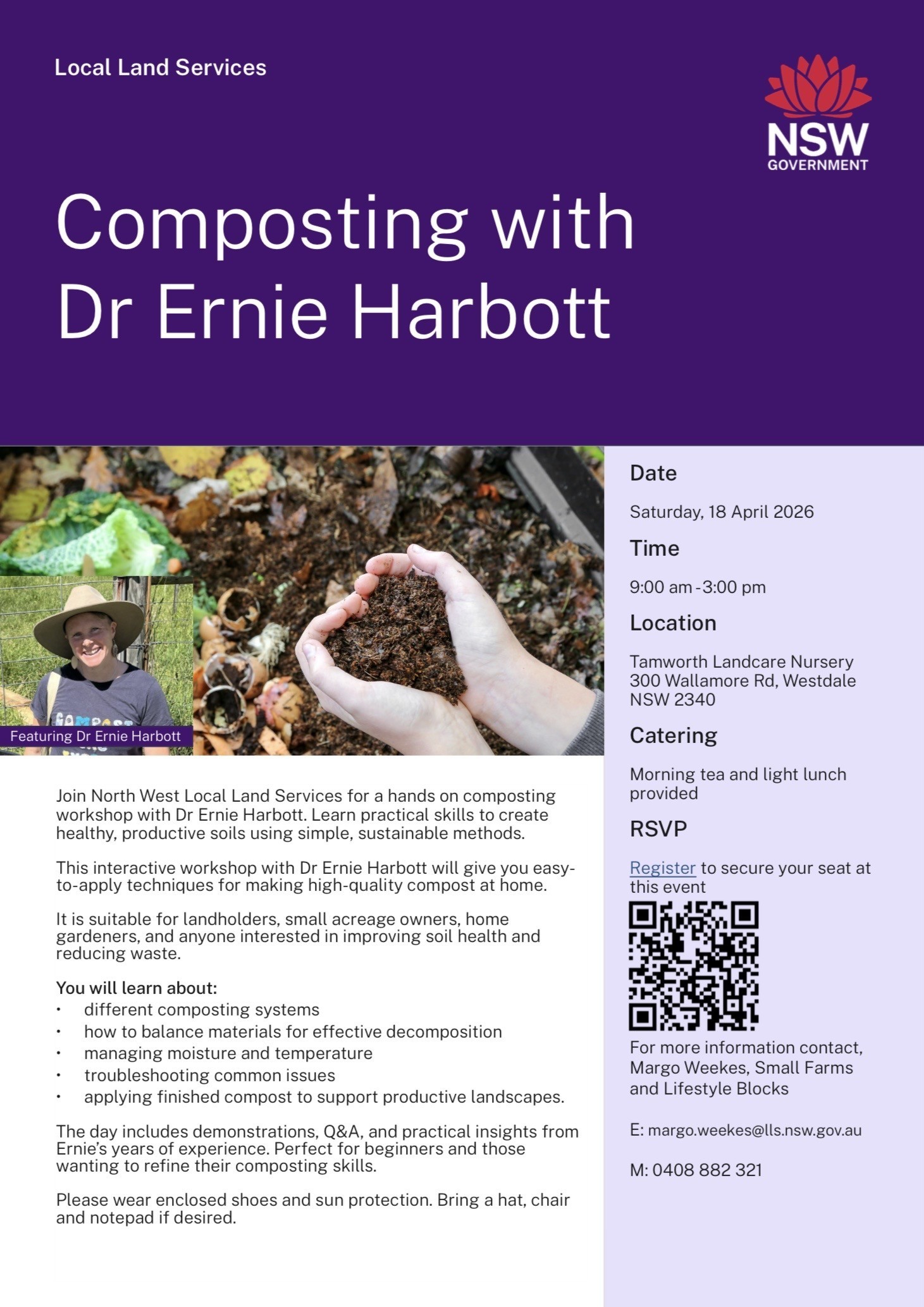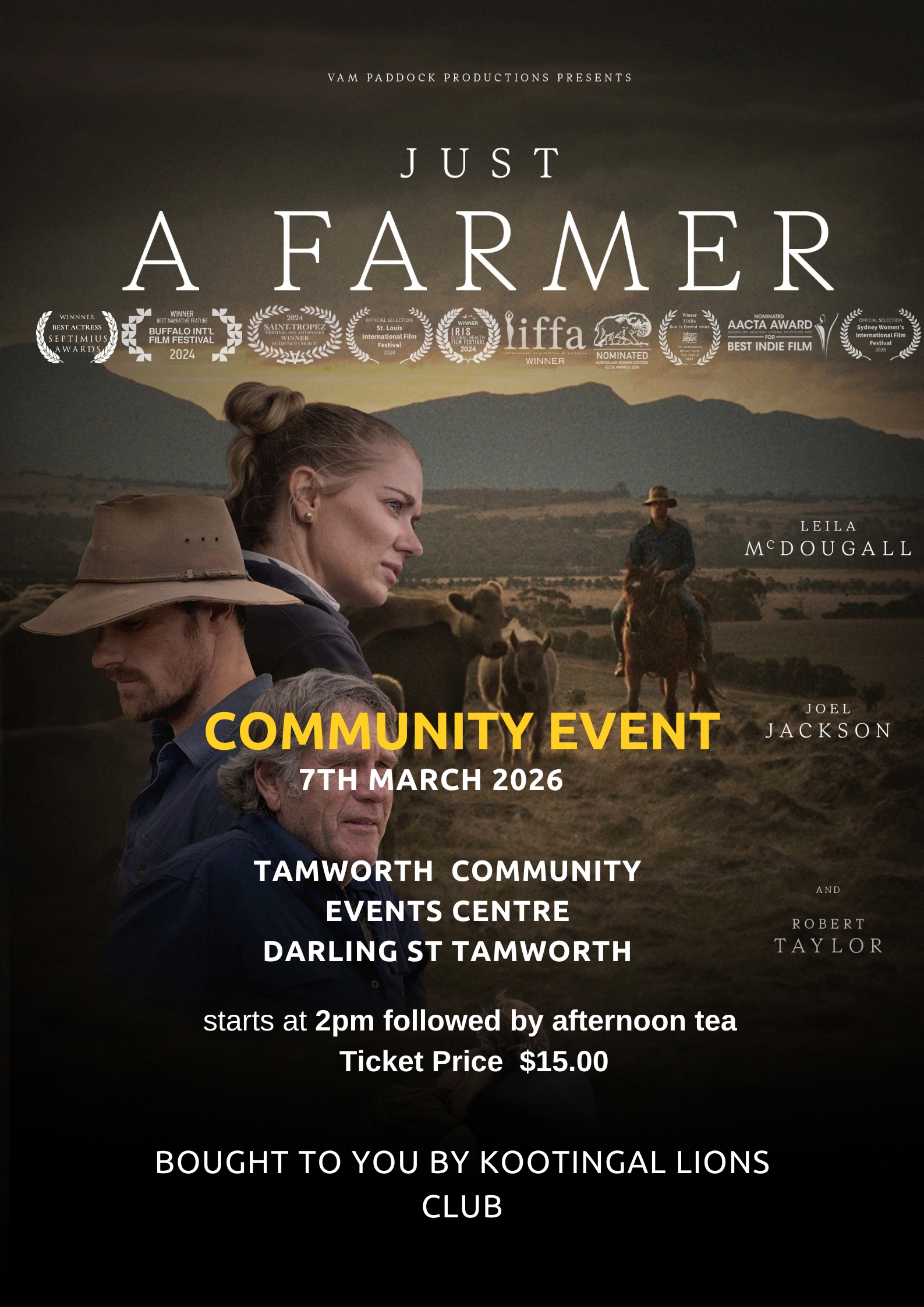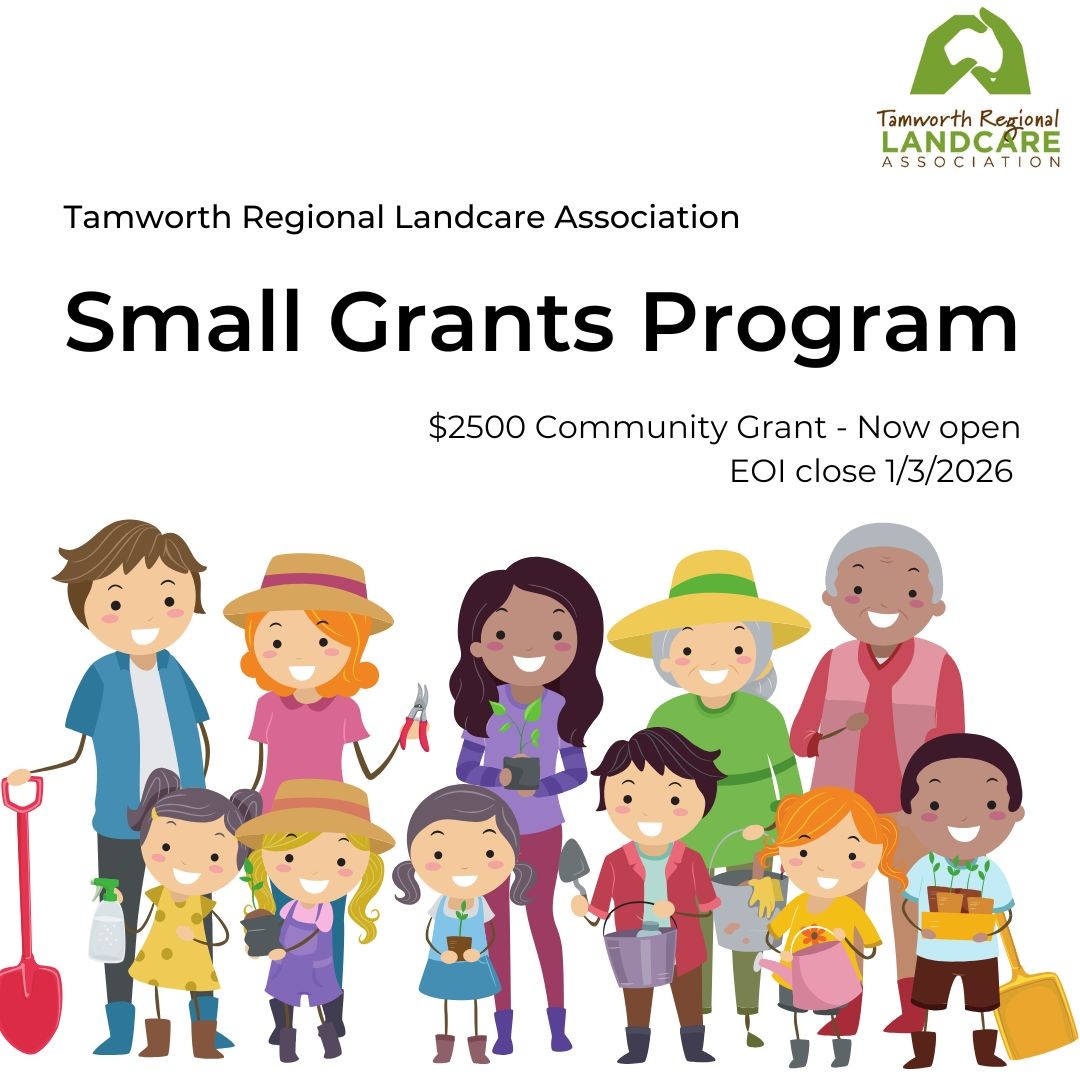Assessing the benefit of rainfall data collected by people in the Namoi Region.
Project: Assessing the Benefit of Rainfall Data Collected by the Community
Rainfall data play a critical role in informing decisions about water resources in the Namoi Valley. From water irrigation practices to drought risk management and insurance, accurate rainfall information helps individuals, industries, and communities make important decisions.
Many landholders and farmers in the Namoi Catchment have been collecting rainfall data for generations. In some cases, these locally derived records extend beyond official records and offer unique insights into long-term rainfall patterns and behavior. These invaluable datasets have the potential to significantly improve our understanding of rainfall across the Namoi Valley.
Currently, there are only 50 official rainfall stations across the Namoi Valley, with some providing records extending back more than 100 years. However, community-collected rainfall data can fill in the gaps and complement these official records.
What is the project about? The project will analyze rainfall patterns across the Namoi Valley and evaluate the benefits of incorporating locally collected rainfall data. We anticipate creating a range of outputs that will be accessible to everyone, including:
- Maps of rainfall patterns using official rainfall data alone and combined with locally collected data.
- Maps of rainfall trends during drought and wet periods, and a comparison of both datasets.
-
An analysis of the benefits and risks of using community-collected rainfall data to enhance understanding of rainfall across the Namoi
Valley.
How can you help? We are seeking assistance from landholders, farmers, and others in the Namoi Region who have collected rainfall data. By sharing your records, you will contribute to a project that aims to improve rainfall knowledge for the benefit of the entire region.
If you have rainfall charts or historical records that you are willing to share, please send them directly to Professor Martin Thoms at the University of New England:
Contact Details:
Email: Martin.Thoms@une.edu.au
Phone: 0423 780 516
Your contribution is highly valued, and together we can build a clearer picture of rainfall patterns across the Namoi Valley. Thank you for your support!





.png)
